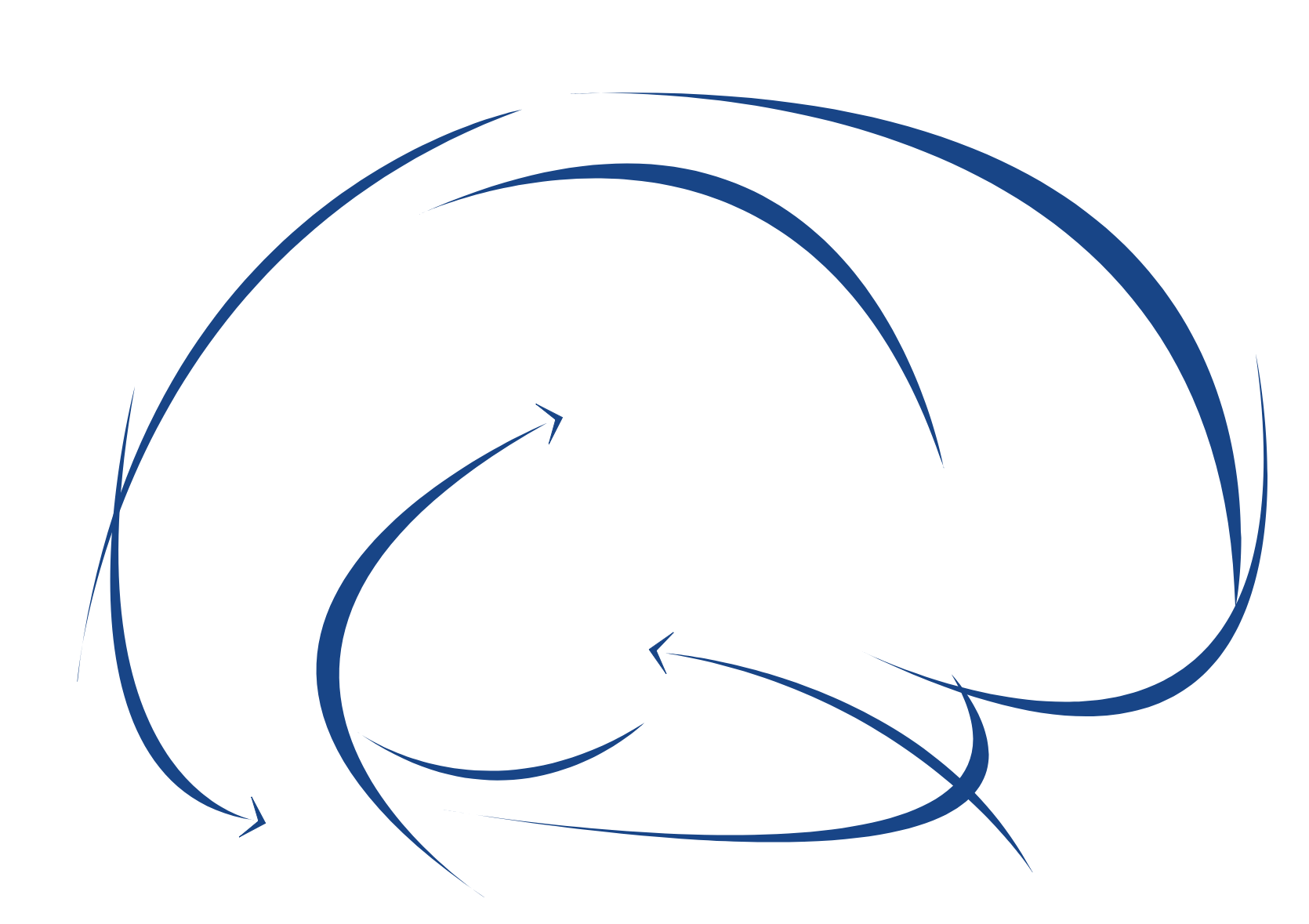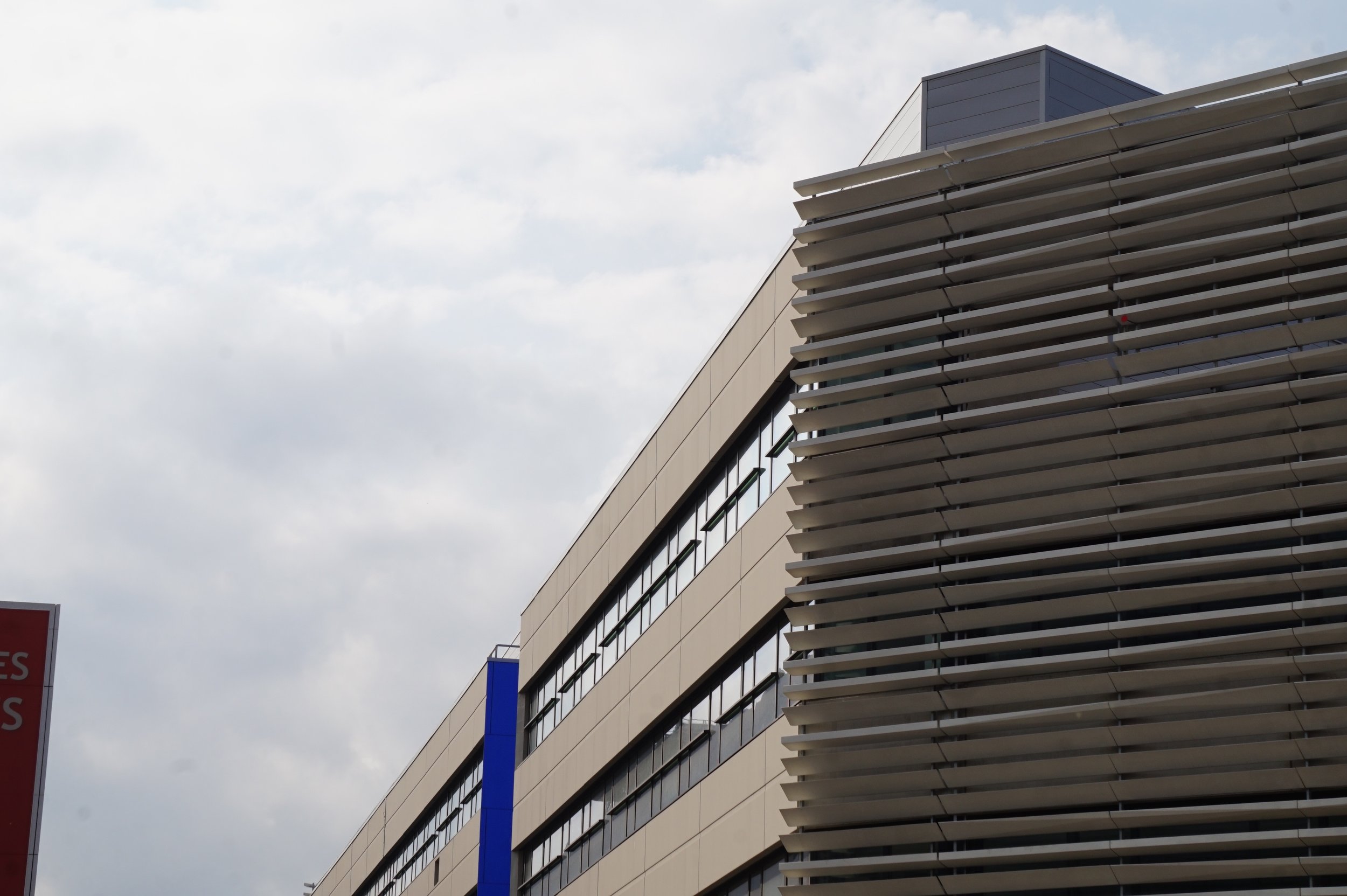“The problem of neurology is to understand man himself”
The Institut de Neurosciences des Systèmes (INS, UMR1106) is a multidisciplinary research institute of Inserm and Aix-Marseille University located on La Timone Campus in Marseille, France. INS members are comprised of academic faculty and clinicians of La Timone Hospital (APHM) institutions, as well as Inserm and CNRS researchers. The research program at INS is focused on understanding the complex dynamics of the brain and altogether, we capitalize on our symbiotic proficiencies by integrating experimental, theoretical and clinical approaches towards understanding brain function and dysfunction.
INS houses a wide range of state-of-the-art facilities of brain research, which includes the MEG facility, TMS-EEG with a Brain Navigation system, various electrophysiology laboratories, an epileptic patient unit, and The Virtual Brain platform. INS researchers perform research across species ranging from the rodent to the human brain to uncover the mechanisms underlying the functioning of the healthy brain and its disorders, notably epilepsy as the paradigmatic dynamic brain disease.
At INS, we combine fundamental theories with innovative approaches in order to conduct high-risk, but promise high-impact findings and results that directly impact . Such innovative projects can only be realized within a unique environment as offered by INS, in which many and distinct competencies ranging from applied mathematics through structural/functional brain imaging to clinical epileptology, are assembled in a single unit.
It is here, that the future of neuroscience is now.
A word from the
Dr Viktor Jirsa
Senior Scientist, Leader Theoretical Neuroscience Group
DirectoR
of INS
Modern science is organized around big questions. Well, at least it should be and some of the funding mechanisms recognize this organizational need in order to generate research results with a large impact on society. Large impact typically implies at least one of three components: health, technology and mind-boggling mysteries. The societal impact of the two former is obvious, the latter is more subtle and seems to be linked to the human curiosity about the secrets of our origins, such as the mystery of life, outer space or consciousness. Big questions may thus include how to land on mars; how to cure cancer; or, in our case, how do we think?
Daring to address each of these questions is scary, necessarily interdisciplinary and needs the tight collaboration and support of scientists, clinicians, engineers, administrators, and policy-makers. Probably the majority of people would agree with these statements. However, when taking a more microscopic view of the current situation, one realizes rapidly that our community works mostly in pluridisciplinary, rather than interdisciplinary environments, and focusses on a variety of questions within the same domain, but not necessarily working on the same deliverable, i.e. the answer to a concrete question. It is easy to approve, but non-trivial to realize such an approach, given the complexity and variety of professional, personal, legal, and institutional constraints.
What you find at the Institut de Neuroscience des Systèmes (INS) in Marseille is our best effort to make this real and create an inspiring and dynamic forum to think about brain and behavior, study how the one influences the other, and find ways to heal the link if broken. In order not to get lost and be able to deliver results, we narrowed this down to concrete achievable goals (which you find on the team pages) and had to make choices. Some choices reflect our personal preferences such as music as a paradigm or the use of time-continuous mathematics rather than discrete maps. Other choices reflect methodological necessities to do better what we want to do, such as building novel technologies in Bayesian inference or nano-electronics of neural implants. And finally, others are determined by the resources available within the environment in Marseille, mostly defined by Aix-Marseille University, Inserm, CNRS and AP-HM, but also our integration into the French and European funding system. We gratefully acknowledge the availability of these resources and thank our funders. Within the context of these choices and constraints, I wish to emphasize two organizational principles we adhered to. The first is Open Science. It is rooted in our desire to answering big questions. Big questions necessitate interdisciplinarity. Interdisciplinary research does not know any borders and is Open Science, demanding free sharing of data, knowledge and tools. The second is respect, tolerance and equality. We are committed to creating an inclusive scientific environment, in which everyone has the same opportunities only limited by their individual talent. We promote diversity as a value that enriches our community and helps it thrive.
Well, this is how I see it and there may be other presentations possible. Please explore our INS website pages to find them all.
Respectfully,
Viktor Jirsa
Learn more about INS, here Viktor Jirsa’s Interview in French.










